Osteopathy views the body as being comprised of three parts: body, mind and spirit. In order to promote health, it is believed that these three components need to be in balance with one another. We all know that life can throw curve balls and challenges, which can catch us off guard and bring us to a state of stress, or maybe give us an onset of the blues. But, what happens when our sadness or feeling of imbalance persists? In today’s article, Osteopath Natalie Pateman explains depression from an osteopathic perspective and explores how seeing a practitioner can help.
Feeling “down” or “blue” is a universal experience. People often feel sad when faced with disappointments, setbacks, or losses in life. Sometimes, these feelings are short lived, but other times they can become long-lasting and intense.
One of the core principles of Osteopathy is that a person is a whole unit comprised of a body, mind, and a spirit, also known as the triad of health.
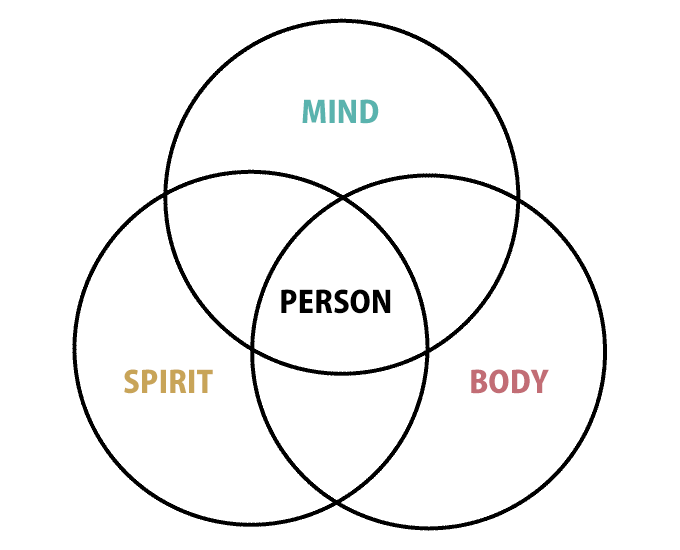
All three aspects are inter-related and all have to function optimally to ensure health. Osteopathy is based on the principle that when all parts of the body are working together in unison you are in a state of health, and disease occurs otherwise.

What is Health?
Health is the natural state of harmony within the body. All aspects of human anatomy are made for movement, may it be connective tissue, muscles, organs or bones. The structural and mechanical integrity of all of these structures create a smoothly running “machine”. This “machine” also has to have fuel, proper lubrication and a good waste-product removal system in order to function properly. In the human body these tasks are taken on by arteries, veins, the nervous and lymphatic systems. The brain acts as the “battery”: the power source of the human body, which governs all aspects of the body.
What is Disease?
Disease occurs when one or more aspects of the human body become restricted, which is often multi-factorial. Environmental, social, mental, and behavioural factors cause stress on the body and contribute to the development of disease. Mechanical impediments to normal flow of body fluids and nerve activity give rise to illnesses.
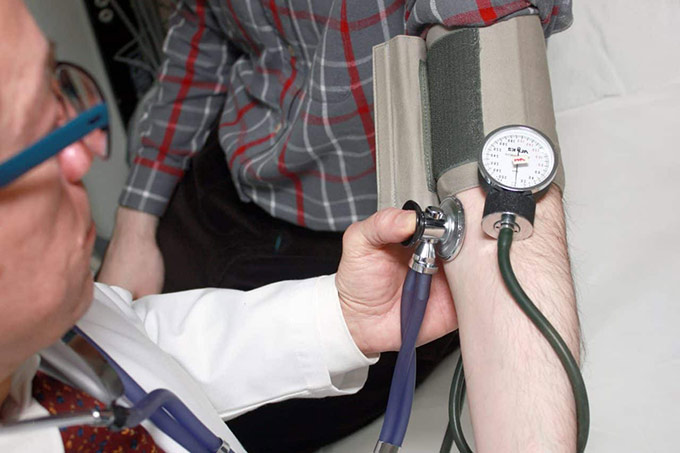
What is Stress?
To understand the effects of “stress”, let’s take a look at the nervous system. The nervous system is made up of three components: the Central Nervous System (CNS), the Peripheral Nervous System (PNS) and the Autonomic Nervous System (ANS).
- CNS: Includes the brain and spinal cord
- PNS: Made up of all the nerves that leave the spinal canal and supply muscles and joints
- ANS: Governed by a part of the brain called the hypothalamus, which is integrated into the hormone and immune systems.
The ANS has two components:
- Sympathetic Nervous System (SNS)
- Parasympathetic Nervous System (PNS)
Together these coordinate all the functions of the internal organs.
All of these systems together are also known as the vegetative nervous system.
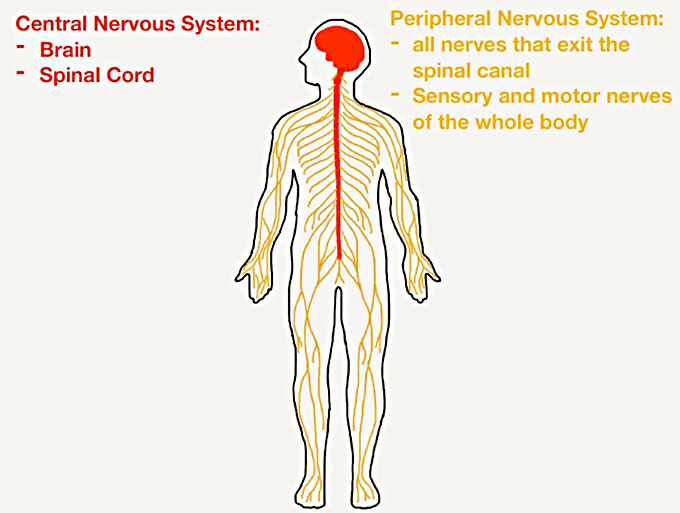
The sympathetic component is often referred to as the “fight or flight” system. In the presence of danger this system is triggered, which prepares the body for sudden vigorous action.
The adrenal glands release adrenalin:
- cardiovascular activity increases
- lungs expand for increased air flow
- blood is redistributed to the muscular system
- metabolism changes to maximize blood sugar levels.
Cortisol is also released:
- maintains fluid balance
- maintains blood pressure
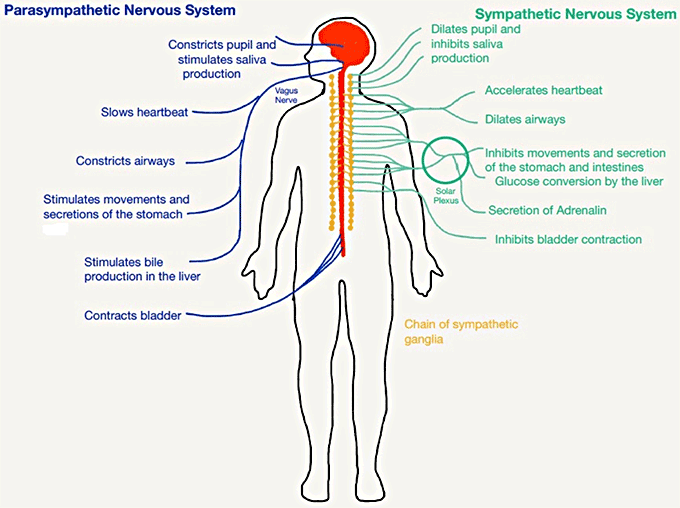
Historically, this system was crucial for the survival of our species – we were able to ignore pain, fight back, run to safety, etc. This system no longer serves us adequately in our complex world driven by intellect and socio-economic customs. We now internalize stress and become distressed. Prolonged stress disrupts the immune system, leading to an increased vulnerability to immune-related problems.
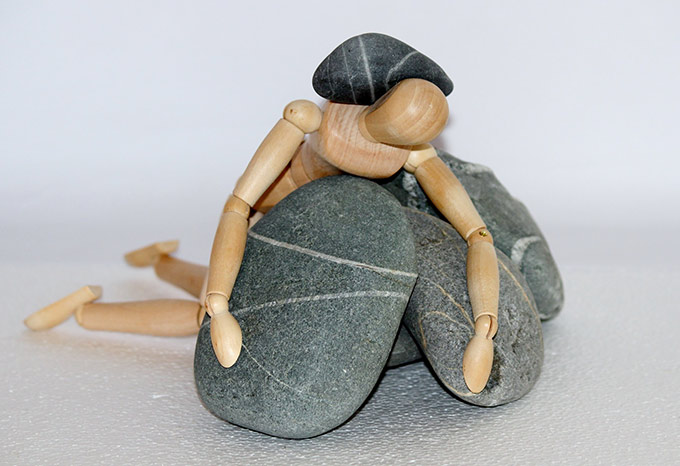
Continuously stressed people move through three response stages:
- The patient is aware of stress, which increases adrenal, cardiovascular, respiratory and musculoskeletal functions.
- The patient tries to cope with the stress physically, psychologically and socially. If they aren’t successful, the person becomes physiologically, mentally and emotionally exhausted.
- This stage is characterized by exhaustion. All coping mechanisms fail, adaptive reserves are depleted and resistance disappears. Common consequences are: fatigue, anxiety, depression, insomnia and musculoskeletal complaints.
In osteopathy, depression therefore is not necessarily the problem, but rather a symptom of an imbalance in the body.
The osteopathic treatment of the physical body is performed with the understanding of how it will affect the patient’s ability to adapt to both internal and external stresses. To ensure optimal health in all areas, the external stresses must be addressed by the patient with the help of other professionals such as naturopathic doctors or psychologists.
You can book an Osteopathic appointment with me by clicking here or by calling the clinic at 403-452-0029.
